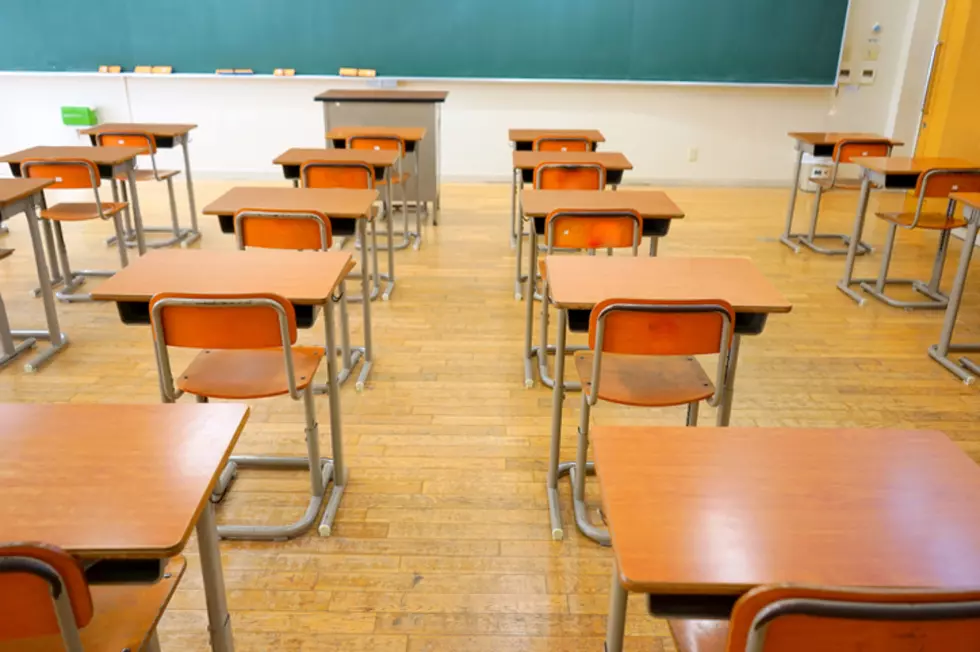
NJ school report cards portray plunging participation in pandemic
TRENTON – New school report cards issued by the state this week offer a snapshot of what the pandemic did to schools and students in the 2020-21 academic year, between the categories that are missing and the trends in others.
Reports for the state, each district and each public school can be accessed on the state Department of Education website or through www.njschooldata.org.
Assistant Education Commissioner Kathy Ehling said New Jersey is in line with national trends and that the takeaways should include a need to focus on the whole child.
“While it’s important to look at all of this data and the academic impacts, that we really can’t talk about the academic impacts without thinking about all of the other pieces that need to be supported in not just our children but in our educators,” Ehling told the State Board of Education.
Ehling said New Jersey schools are using their federal COVID funds for things such as learning acceleration, summer and afternoon programs and comprehensive mental health.
“I do think that that’s going to be the story that’s going to be told moving forward out of the pandemic,” she said. “It will be years before we know exactly the full impact, but we need to make sure that we are making investments now so that we can support our students moving forward.”
JUST AHEAD: County-by-county lists of each high school's average SAT scores are at the bottom of this post.
The impacts of the pandemic are evident throughout the reports, and not just because the pages detailing state standardized tests and student progress are blank because the federal government waived the requirement that the exams be administered.
For instance, the data in the report reflects that about 60% fewer students took the PSAT, 35% fewer took the SAT, 40% fewer took a special education assessment and 30% fewer took an assessment for English-language learners.
“Most of the impacts are decreases in overall participation, with some areas seeing larger impacts than others,” Ehling said.
Among those who did take the tests, performance was up. The average combined score on the PSAT climbed from 949 in 2019-20 to 1020 in 2020-21, and it rose from 1072 to 1117 on the SAT. The ACT average score went up in math, reading and science and was level in English.
It’s possible the higher average scores could reflect that it was generally the most committed students who took the exams.

Enrollment in Advanced Placement classes stayed the same, though slightly fewer took and passed the exams. Disciplinary incidents plunged 89% from before the pandemic – but so many virtual school days limited the opportunity for teachers to observe conflicts.
Average SAT scores for all NJ high schools, 2020-21
Michael Symons is the Statehouse bureau chief for New Jersey 101.5. You can reach him at michael.symons@townsquaremedia.com
Click here to contact an editor about feedback or a correction for this story.
NJ county fairs make a comeback: Check out the schedule for 2022
More From 94.3 The Point










